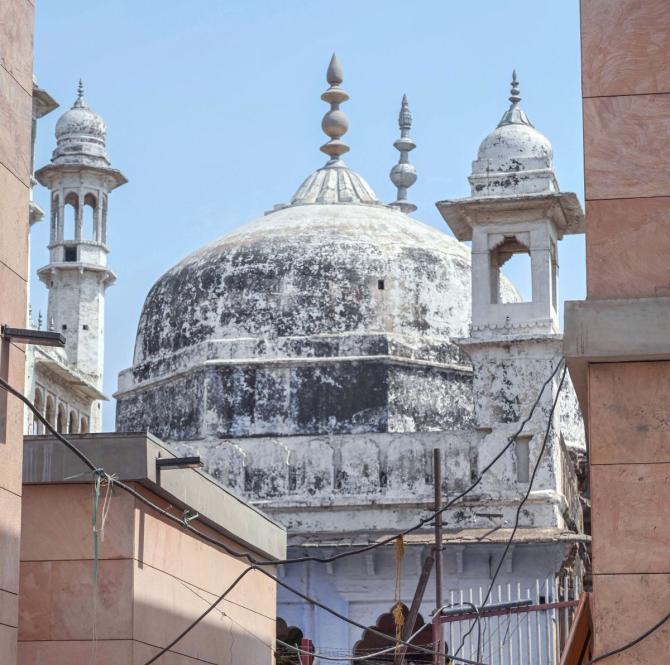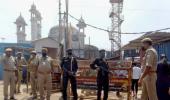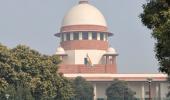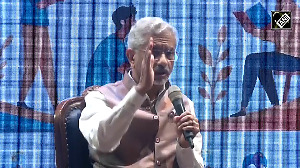The All India Muslim Personal Law Board has moved the Supreme Court opposing a plea challenging the validity of certain sections of the Places of Worship (Special Provisions) Act, 1991.

The AIMPLB contended that the object of the Act is to prevent disturbances of public order, maintain peace and tranquility, and strengthen the basic feature of secularism.
"The Places of Worship (Special Provisions) Act, 1991 is based on the fundamental features of the Constitution, which are unamendable and therefore, any attempt to repeal the set Act, or to amend the same, is annihilating the basic aims and objects or principles on which the set act is based would be unconstitutional and thus void," the plea said.
Several other pleas, including the one filed by advocate Ashwini Upadhyay, challenging the validity of certain provisions of the 1991 Act have already been filed in the apex court.
The 1991 provision is an Act to prohibit conversion of any place of worship and to provide for the maintenance of the religious character of any place of worship as it existed on the 15th day of August, 1947, and for matters connected therewith or incidental thereto.
Recently, the Muslim body Jamiat Ulama-i-Hind filed a plea in the top court seeking intervention in a pending petition which has challenged the constitutional validity of sections 2, 3, and 4 of the 1991 Act.
Jamiat Ulama-i-Hind said petitioner Ashwini Upadhyay has raised grounds that have already been considered and decided by the Constitution Bench of the top court.
The top court in March last year had sought the Centre's response to a plea challenging the validity of certain provisions of the 1991 law, which prohibit the filing of a lawsuit to reclaim a place of worship or seek a change in its character from what prevailed on August 15, 1947.
The petition has alleged that the 1991 law creates an “arbitrary and irrational retrospective cut-off date” of August 15, 1947, for maintaining the character of the places of worship or pilgrimage against encroachment done by “fundamentalist-barbaric invaders and law-breakers”.











 © 2025
© 2025